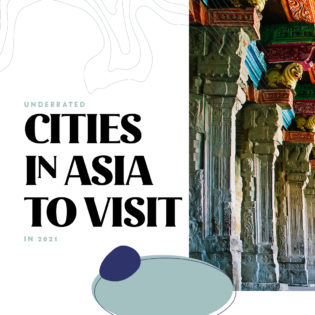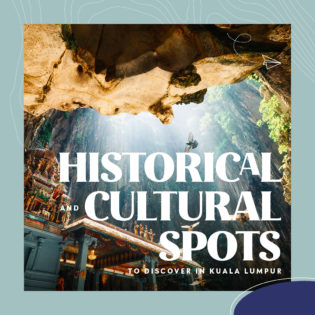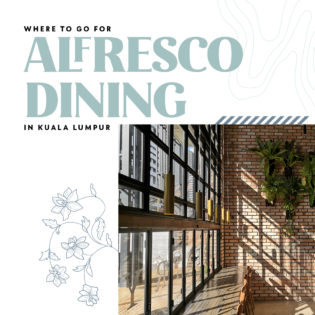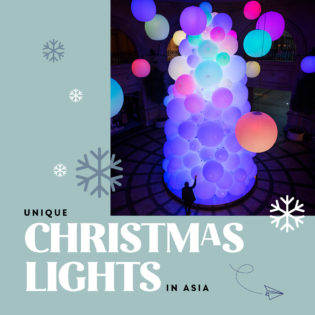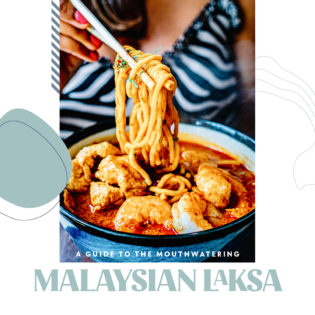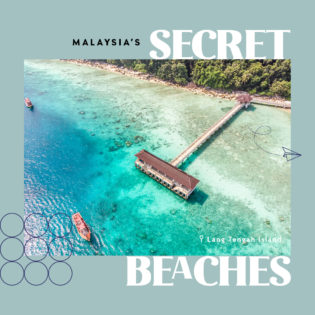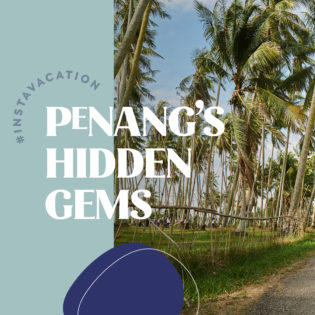Modern Beijing Opera entertains a growing audience
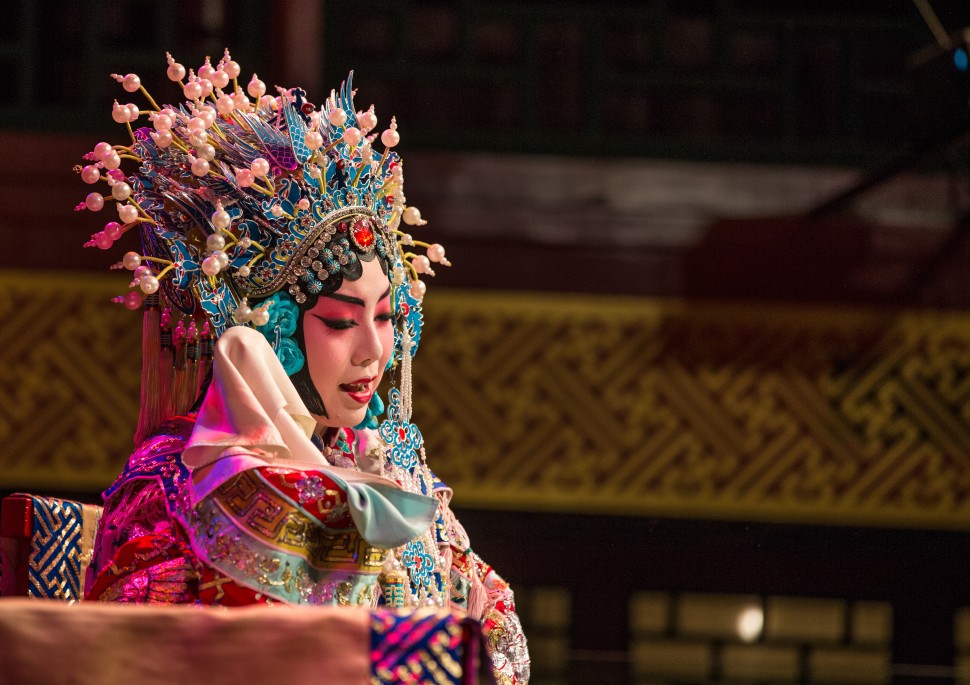
Its high-pitched, piercing deliveries may be an acquired taste, but for many cultural aficionados, Beijing (or Peking) Opera represents the very pinnacle of Chinese entertainment. As a fresh-faced troupe of operatic stars prepare for their nightly show at Beijing’s Chang’an Grand Theatre, they follow in the footsteps of talented performers who once bewitched the likes of Emperor Qianlong (1711-1799) and the formidable Empress Dowager Cixi (1835-1908).
_386_256.jpg)
The full weight of Beijing Opera’s cultural significance is not lost on Zhou Jiaxin, director of the first troupe of the Beijing-based Jingju Theatre Company. “Of the 100 or so types of operas that exist in China today, Beijing Opera is undoubtedly the finest,” says the mastermind behind many of the Chinese capital’s most popular and innovative contemporary pieces.
“Beijing Opera is nothing less than iconic,” continues Jiaxin. “Incredibly hard to master, it is such a multi-faceted and technical art form. Combining dance, singing, dialogue, mime, martial arts and acrobatics, the creative inspiration for each operatic piece is taken from China’s rich history, literature and folklore.”
_386_271.jpg)
While Jiaxin is onstage, overseeing last-minute tweaks to the theatre’s sound and lighting, performer Zhou Yan is equally hard at work in the labyrinthine basement. The 21-year-old has been applying make-up for more than half an hour, and takes a quick break to gobble a plate of chicken noodles and engage in frantic text messaging.
In a world where opera stars can perform well into their seventies, Yan is a relative novice. Despite her tender age, she is nevertheless already adept at transforming her unlined face with an array of cosmetics; up close, the effect of raspberry lips and scarlet cheekbones on a blanched face is intentionally striking. The next step is for Yan and her assistant to collectively fashion the routine’s pièce de résistance – the so-called datou hairstyle – created with heavy strands of real human hair temporarily fixed in place with glue.
_386_254.jpg)
“Datou means ‘big head’ in Mandarin Chinese,” explains Yan with a grin, passing her assistant a pot of viscous adhesive. “This special hairstyle gives all the dan (female) roles in Beijing Opera a perfectly oval face. Together with curved eyebrows and almond-shaped eyes, this is the Chinese ideal of feminine beauty.”
Operatic rise and fall
While its name may suggest otherwise, Beijing Opera started life far from China’s current capital. Derived from musical performances originally put on in the more southerly Chinese provinces of Anhui and Hubei, it was first seen when operatic troupes visited Beijing at the end of the eighteenth century. After taking root in the north, it took on a life of its own through the incorporation of other local musical genres and performance techniques.
_386_568.jpg)
From its early days, Beijing Opera was an art form that transcended class barriers. Initially staged outside in public spaces, it was enjoyed by all segments of society, from the emperor to the peasantry. Performances had to be loud to counter background noise, while extravagant costumes were designed to capture the audience’s attention in frequently dim conditions.
Yet Beijing Opera’s long history and mass appeal were not enough to save it from years of decline during the 20th century. It became a propaganda tool during China’s Cultural Revolution (1966-76), while in the 1980s and 1990s, traditional opera lost its appeal amid competition from pop music, cinema, karaoke and computer games. Theatres across Beijing were boarded up or demolished to make way for shopping malls and apartment blocks.
_386_257.jpg)
“I guess most Chinese at that time felt Beijing Opera had become irrelevant to their lives,” says Sisi Yang, marketing supervisor at the Zhengyici Theatre, another of the capital’s operatic bastions. “Shows were too long and the quality of performances was up and down. It was as if everyone was just going through the motions.”
“It got to the point where only those who had grown up with opera in some way were still interested in it,” adds hugely experienced performer Xue Yaping. “The true artistic profundity of Beijing opera was unsurprisingly lost on most Chinese. The art form was stale and in danger of disappearing forever. That would have been a tragedy.”
Monkey magic
It was during Beijing Opera’s darkest days that one of its most talented and idiosyncratic performers experienced his biggest epiphany. Ghaffar Pourazar – a Briton of Iranian-Azerbaijani origin – first witnessed Beijing Opera in London two decades ago while employed as a computer animator and part-time drama teacher. It was love at first sight.
_386_257.jpg)
“I was overawed by the power, the precision, the sheer beauty of it,” says Pourazar. “Here was an artistic genre that had been developing and honing itself for centuries. For the first time I saw a culture which treated theatre as a science as well as an art. For myself – a techie and theatre lover – it was the dream combination.”
Pourazar’s story is one of devotion and perseverance. Desperate to learn more, he followed the opera performance as it toured England, eventually ending up in Beijing, where he spontaneously enrolled in opera school. At the age of 32, he found himself training with precocious 12-year-olds.
“It was probably the most testing experience of my life,” Pourazar says with a slightly rueful laugh. “There I was, a lumbering foreign adult, attempting to learn moves alongside a bunch of energetic and extremely limber Chinese kids. Many of the people I encountered looked at me as if I had a screw loose.”
_386_274.jpg)
The reward for those years of gruelling training came when Pourazar was awarded the Great Wall Friendship Prize for the promotion of Beijing Opera recently. Having graduated and gone on to master his art – entertaining Chinese, foreigners and dignitaries with countless performances – his most popular character remains Sun Wukong (the Monkey King) from the classical Chinese story Xiyouji (Journey to the West).
“Chinese people tell me I’ve captured the true spirit of the monkey in my performances,” says Pourazar. “I guess that’s the ultimate accolade.”
Something old, something new
Pourazar understands the need for the art form to shed its somewhat staid image. Keeping things fresh and exciting, if not completely authentic, his modern interpretations of the operatic classics frequently mix in doses of rap, jazz, and rock-and-roll.
“To ensure that Beijing Opera not only survives but thrives, we must honour the old plays while also creating new markets,” he explains. “Neither can exist without the other. Of course some operatic old-timers and purists believe the genre has been sullied by the modernisation process. As someone who loves the classics, of course I can sympathise with this view.”
_386_579.jpg)
“Beijing Opera had to move with the times, like all types of entertainment,” says Jiaxin. “The Jingju Theatre Company has created numerous new plays since it was established. We don’t overlook tradition and our artistic roots, but we also try to move forward. We’re an art form, but also a business.”
Today, Beijing Opera is tentatively charting a new course. The government has introduced opera classes in schools across Beijing, while many theatres have received much-needed facelifts. A batch of new operas by young, innovative playwrights and directors is entertaining an increasingly appreciative public.
“Slowly but surely Beijing Opera is modernising,” says Jiaxin. “Who knows what it will look like in another 200 years. China is changing and so are her art forms.”


